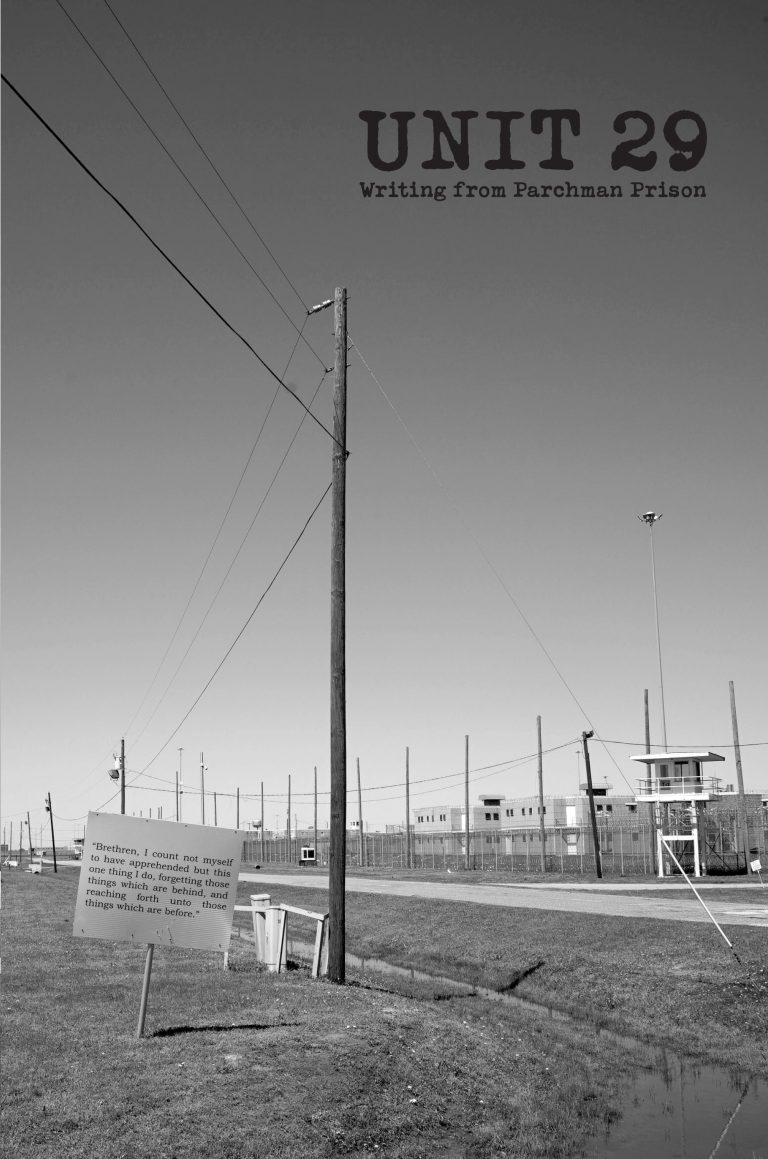
My grandfather—Grandy to me, my sisters, and our cousins; Lester Jones to the world—was not a religious man. I never saw him darken the doorway of a church, let alone step foot inside one. When he said “God” it was invariably followed by “damn” or “dammit all.” Often at Sunday dinner (lunch to those outside the South), with an impish glint in his eyes, he told the story of one Thanksgiving dinner when he was a young boy and was asked to say “Grace.” He looked across the table at his older sister Annie Grace, demure, head bowed, dressed in her best Sunday white. “Let us pray,” he said. “Grace, Grace, Annie Grace. Amen.” He ate his food standing up in the kitchen that Thanksgiving. After my ‘salvation’ when I was twelve, in the evangelistic fervor that followed, I tried to ‘witness’ to Grandy. I asked him if he was going to Heaven when he died.
“Why’re asking me that? I don’t aim to die any time soon.”
“It’s just that you won’t go to Heaven if you’re not saved.”
“Saved? Well, if what they teach you at church is right, then I reckon I’ve bought me a one way ticket to Hell. But you don’t need to worry yourself about it.”
Like I said, my grandfather was not a religious man. But he threw a biscuit—really, two biscuits—at the devil one night. It happened when he was nine or ten years old. (Whenever I think of Grandy as a boy, I envision, not Tom Sawyer but Booth Tarkington’s “Penrod,” I guess because it is set around the same time—1910, or so.) Grandy grew up in Meridian, just far enough on the right side of the railroad tracks. His father was a barber, who usually worked late on Saturday nights, cutting first the hair of local farmers in town for their weekly shopping and gossip, then of the railroad men, cleaning up for Saturday night on the town. Late one Saturday afternoon in early spring Lester’s mother and sister went to choir practice,
“Lester, we’ll be back around dark. You can play outside, but stay away from the creek.”
“But Mama, I want to play down there.”
“And I’m telling you no. You know it’s been raining, and the creek flooded. I don’t want you getting your shoes all muddy. You have to wear them to church tomorrow, you know. You can go down to the trees, but no further, and I want you back inside before dark sets in.”
“But I could go barefoot.”
“And catch your death of cold? No, Lester, if you don’t promise me you’ll stay away from the creek, you’ll have go with me.”
As soon as his mother and sister left, Lester went out onto the back porch. He looked at the yard, sloping down a red dirt hill to a small stand of pines at the bottom, the boundary his mother set. The sun sank slowly in the west, the skies clear after two days of heavy rains. Lester jumped from the porch rail and scurried down the hill. He could hear the creek beyond, back in its banks but still engorged, flowing steadily westward to join the Chunky River a few miles downstream. Lester thought about all the treasures the flood waters might have deposited along the shore when they receded. In the past he had found all sorts of stuff—colorful bottles, great odds and ends pieces of useful lumber, once even an intact tin roof, probably from an outhouse, that he turned into a raft. He tried to put it all out of his mind, but the sound of the creek—no longer rushing from the recent rains, but not gurgling like the little brook it became in drier months—sang softly to him like an immature siren, promising sweets and mystery. He made his way through to the end of the pines and looked at the forbidden stream, just a few yards away. Lester surveyed those few yards; a certain knowledge that great treasure awaited along the banksof the creek growing in him, treasure that would surely disappear with the next rainstorm.
Back at his house, empty-handed, Lester took off his shoes and scraped as much of the red clayey mud from them as he could. He took them inside and put them under the warm oven to dry. The clock said he had a little time before his mother returned to clean and polish them. He looked around for something to eat. He grabbed two left-over biscuits from the stove and put them on the table, the got a can of syrup from the pantry. Before he sat down at the table, though, a head popped up from behind the ladder-backed chair opposite him. He squinted to see who it could be and saw the clear image of the devil, redfaced and ugly. He threw one of the biscuits at the glaring, smirking face, and ran from the kitchen, looking back only once to fling the other biscuit, and into the parlor, where he hid behind the sofa, leaving the evidence of his wrongdoing for his mother to discover.
Grandy taught me many things before he died: how to fly fish; how to skin a squirrel and cook it with dumplings; how to use a coping saw. When I was a young teenager, he offered advice about life. He told me to stay away from Black honky-tonks on Saturday nights, because “if you go there, you’ll never want to be white again.” Maybe his best piece of advice was “never pass up a drink of whiskey or a piece of ass, because you’ll always be one behind.” But I never really knew what he believed about God and religion. I do know, though, that he truly believed he threw a biscuit at the devil once, and the devil ran away. I’m left wondering what happened to the devil. Nobody I know has ever claimed to have seen him since.
I try to keep a couple of left-over biscuits around, though, just in case.

Stephen Humphries is a native Mississippian who grew up in Claiborne County. He attended Millsaps College. Retired from a career in nuclear power, he now resides in Oxford. His interests include music, writing, and his grandchildren.
If you’d like to submit a short story or poem for publication, contact Editor Nature Humphries at nature@thelocalvoice.net.



Love this tale!